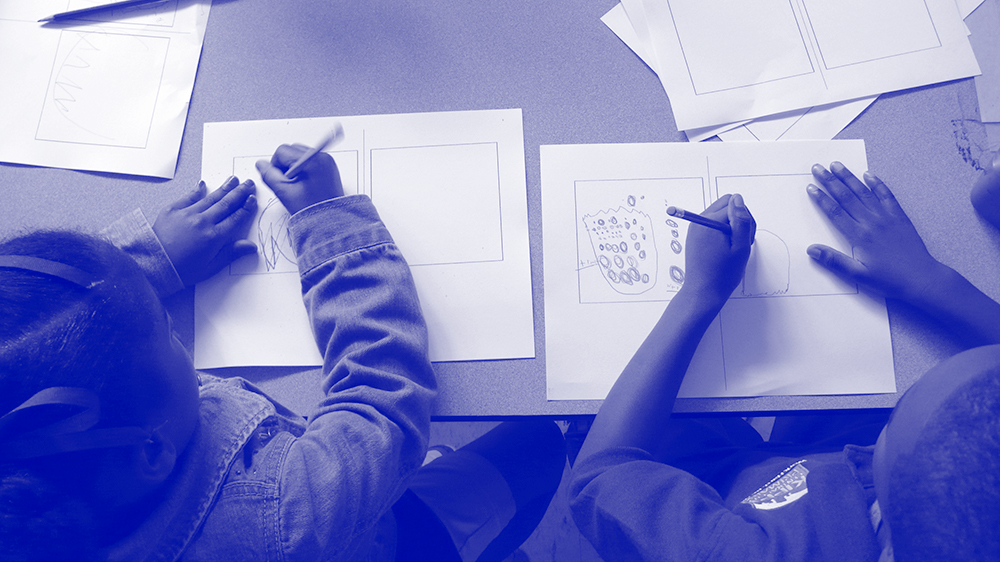Foundations of Ripple Effect
To raise the next generation of environmental stewards, environmental education must be an ethical pursuit, built on a strong foundation of knowledge and propelled by creativity and imagination.
Ethics
Environmental stewardship requires knowledge of why, how, and when to act. Ripple Effect asks students to consider community and neighborhood needs as they develop their design solutions. Inspired by Aldo Leopold’s “land ethic” and Dr. Martin Luther King, Jr.’s “beloved community,” we use real places to cultivate environmental stewardship as a form of civic engagement.
Creativity
Our true potential lies in our collective capacity to imagine and build healthier, safer, and more beautiful communities. This requires unbridled creativity and the ability to generate new possibilities for how people relate to the environment and one another. By structuring each unit as a design process, Ripple Effect cultivates creativity and gives students powerful tools for environmental advocacy.
Knowledge
The future of the region relies on citizens with a deep understanding of geology, geography, hydrology, history, and who are eager to have a voice in the many discussions that shape our landscape and infrastructure. By investing in teachers and students now, Ripple Effect helps prepare the next generation to become thoughtful, informed leaders.
